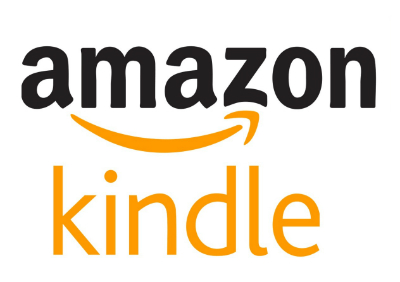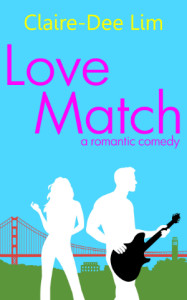“It’s the best time ever to be a writer.”
These words were echoed over and over again at last weekend’s WGA panel: “How to Publish, Market and Sell Your E-Book to Hollywood.” The event featured executives from Amazon, Audible and a half dozen film and TV writers, who have sold over 1 million ebooks between them. These were encouraging words as I’ve embarked on my own self-publishing journey.
While the event’s theme may have been about optioning your novels to Hollywood, the real gist was hearing panelists share their self-publishing experiences. Before a packed audience, they gave their reasons for diving into this world: frustration with Hollywood development practices, too many gatekeepers, time spent writing labors of love that would never see the light of day, and wanting creative control.
Alexandra Sokoloff, writer of thriller series Huntress Moon, said after being stuck interminably in development hell, “I snapped.” No longer up for playing the Hollywood game, she decided to novelize one of her screenplays. Soon afterward she got a three-book deal with St. Martin’s Press. She has since published ten supernatural and crime thrillers—both traditionally and indie published. She encouraged writers to dip back into those unproduced screenplays and TV pilots languishing in filing cabinets. “You’re sitting on a gold mine of material!” Other panelists had similar versions of their “come to Jesus” moment.
My moment came after a frustrating three-year slump that no amount of yoga, aggro circuit training or chocolate could pull me from. In that time I had written two spec screenplays, attempted to raise financing for a movie I was producing, pitched three feature movies and one TV movie, and had written a spec TV pilot based on a critically acclaimed science fiction novel—all of which I couldn’t set up, i.e., sell. I shared my woes with my dear friend and writer Sandra Harper. She encouraged me to reclaim my creativity and write a novel. Days later I heard about Alexandra’s novelizing experiences and off I went, digging into my dead screenplay file. I selected Love Match—a romantic comedy about a professional matchmaker who can’t make her own match. I worked on it in between income-generating jobs, creating a web series, and a few more Hollywood headaches. Now the book is finished. I’m thrilled to be releasing it in the coming weeks.
Here are some random insights, gleaned from the event, to help you in your self-publishing adventures:
- Pricing: $2.99 – $3.99 seems to be the selling sweet spot for ebooks. About 65,000 words in length.
- Kindle Direct Publishing Select: Use free book giveaways and countdowns wisely. In other words, don’t just make your book free and call it a day. Develop a marketing plan and consider using a service like BookBub to get on massive distribution lists.
- Make an audio book: Audible’s ACX (Audible Creation Exchange) is a service that hooks up professional voiceover talent with writers. You have total control over who you hire and how your written word to audiobook will be produced. Average cost to produce an audiobook: $260/finished hour or a 50-50 shared royalty with the talent. 10,000 words equals an hour of produced audio.
- Audiobooks can be used as a 2nd launch marketing tool. Take advantage of this!
- “Don’t write shit.” Attributed to writer and self-publishing guru Joe Konrath. This states the obvious, but just because it’s easy to get your book out quickly don’t do it. Take your time, write, rewrite and rewrite again and again until it’s ready.
- Treat Yourself as a Traditional: In other words, produce a professional book. Hire a cover designer, copyeditor and proofreader. Don’t skimp on this. If costs are an issue, there are plenty affordable, skilled people available to help. Many of them used to work at publishing houses; they were downsized and are now eager for the work.
- Attend genre conferences and events: Authors are a supportive and giving group. Become part of the community. Helping and inspiring other writers in turn helps you. This is one of the most effective marketing tools out there.
- Marketing: It’s easy to become overwhelmed by all the social media, blogging and promotions. Devote yourself to one day a week. The marketing will get done, so you can focus on the task at hand … writing!
I know this all seems daunting and overwhelming. It sure is for me. But I’m bracing myself and diving in.
Got any questions? Let me know. I’m happy to share.

